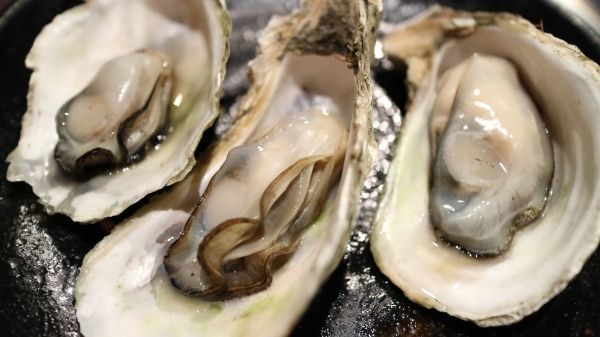Scientists have discovered that unlike wild oysters, farmed oysters bred for fast growth and disease resistance are able to adapt their shell growth to be more resilient to ocean acidification, according to a new study published in the journal Global Change Biology. The findings suggest that selective breeding may be an important mitigation strategy to climate-proof the economically important global shellfish industry.
“Coastal acidification in Australia, and in many other regions around the globe, is damaging oysters’ ability to grow properly — for example… the production of smaller oysters with thinner shells, leaving them prone to fracture and at risk of shell damage during culture and harvesting,” Susan Fitzer, lead author of the new study and a research fellow at the University of Stirling, said in a statement.
Ocean acidification – which is caused by elevated CO2 levels in the ocean – is an increasingly dangerous consequence of climate change, and it poses a particularly severe threat to the more than $29 billion-a-year mollusk aquaculture industry. Coastal and estuarine species such as Sydney rock oysters are especially vulnerable due to the combined threat of climate change- and soil runoff-driven acidification, which reduces both pH and calcium carbonate levels. These environmental changes can drive a decline in large oyster populations and also cause oysters to develop weaker and thinner shells.
Read more at Yale Environment 360
Image by Yung-pin Pao from Pixabay


